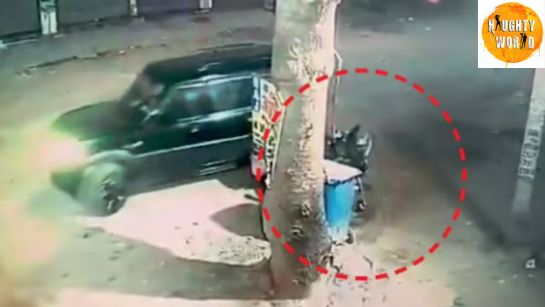SC, in a recent order, made changes in the case with a warning.
The issue of stray dogs in Delhi has made headlines recently, with many dog lovers and others sharing their opinions on the matter. However, in a recent order by the Supreme Court, it has made changes in the case with a warning.
The Supreme Court makes changes in the case of stray dogs.
On Friday, the Supreme Court ruled that individuals found feeding stray dogs on the streets are liable to be proceeded with under the relevant legal framework. The SC said that it will be released after sterilization and immunization, retreating from its earlier directive that asked authorities to put the stray dogs of Delhi-NCR in shelter homes. The softening of the earlier blanket order has come amid backlash from dog lovers. The SC said that all dogs, except those suffering from rabies or displaying aggressive behaviour, will be released after shots. It, however, said no to feeding stray dogs on the streets.
The SC’s order on the relocation of all stray dogs in Delhi-NCR.
On August 11, the Supreme Court had ordered the relocation of all stray dogs from the streets of Delhi-NCR within eight weeks, directing authorities to create shelters to house them. A suo motu case was being heard regarding dog bites in the national capital. The order however, sparked outrage among animal lovers and welfare organizations, following which it was shifted to a new three-judge bench the next day. On Friday, the SC directed municipal authorities to create feeding areas, adding that there will be no feeding on streets. Notice boards shall also be placed near designated feeding areas, mentioning that stray dogs shall only be fed in such areas, said the Supreme Court.
Also, all the states and the UTs have been issued notices to appear in the matter and give suggestions for framing a national policy. The new bench led by Justice Vikram Nath took up the matter on August 14 and reserved its order on the interim prayer seeking a stay on the August 11 directions. The top court said each dog lover and each NGO that has approached the top court shall deposit ₹25,000 and ₹two lakh, respectively, with the registry within 7 days. If they fail to do so, they shall not be allowed to appear in the matter any further.


 Indore water contamination: 25 fall ill and hospitalised
Indore water contamination: 25 fall ill and hospitalised  Mumbai and Pune to have women mayors from the open category
Mumbai and Pune to have women mayors from the open category  Sunjay Kapoor estate row: Rani Kapur moves Delhi HC alleging Priya using fraud trust
Sunjay Kapoor estate row: Rani Kapur moves Delhi HC alleging Priya using fraud trust  A Gurugram doctor repeatedly ran his SUV over a delivery worker
A Gurugram doctor repeatedly ran his SUV over a delivery worker  Noida techie death: A delivery agent tried saving the man’s life but couldn’t
Noida techie death: A delivery agent tried saving the man’s life but couldn’t  AR Rahman gives his first statement after his remarks in a latest interview
AR Rahman gives his first statement after his remarks in a latest interview